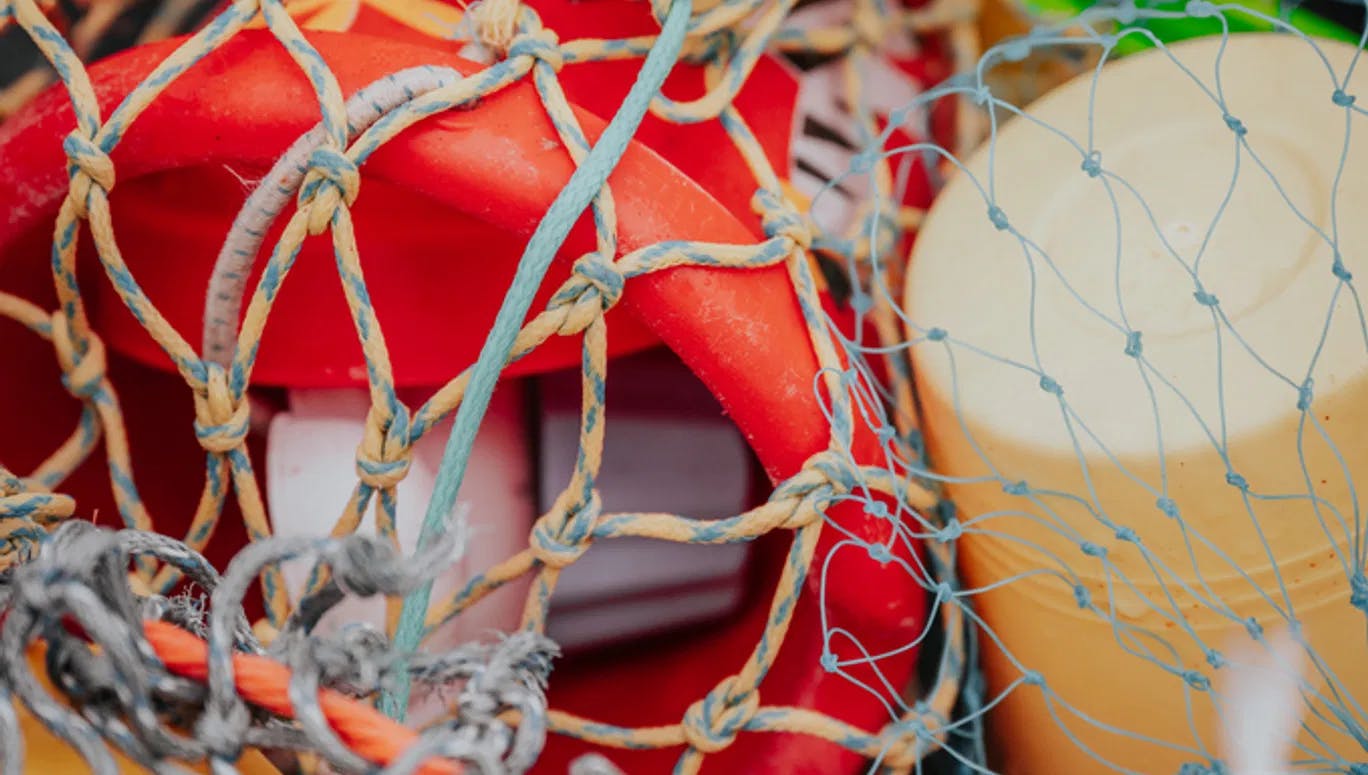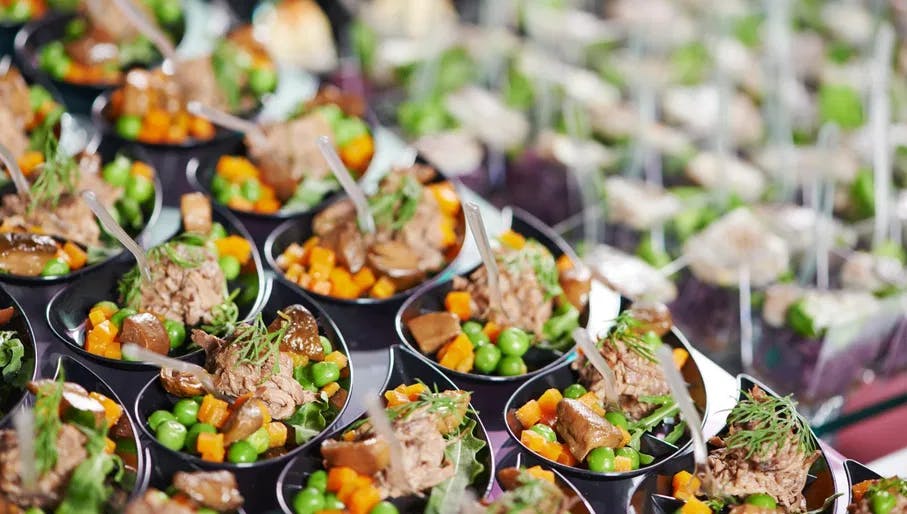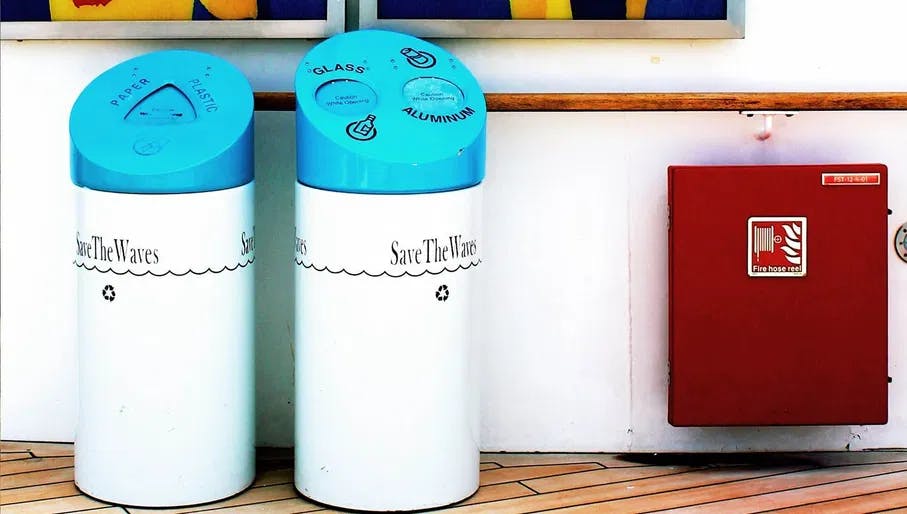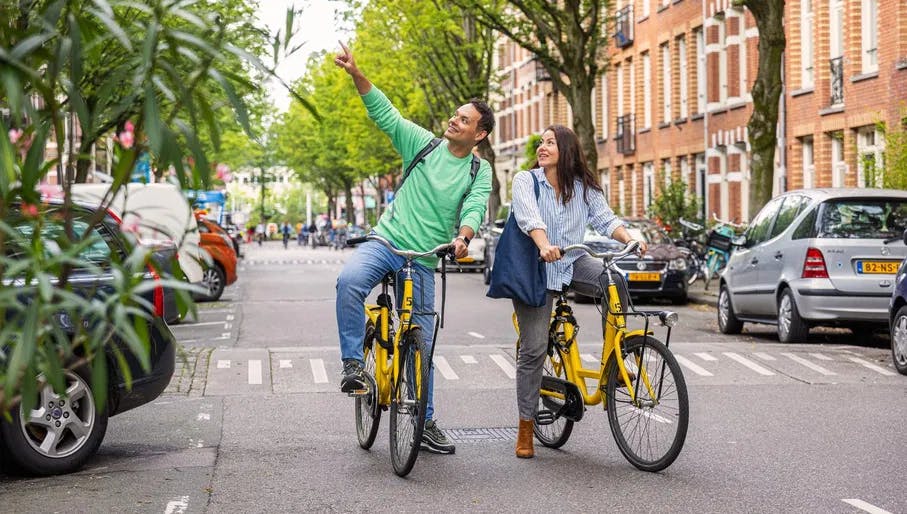
Help your event keep Amsterdam sustainable
15 November 2024


Adopting a practical and tailored waste management plan can significantly reduce the burden on overloaded landfills. To make your event more sustainable, you can minimise waste and encourage recycling and repurposing.
Familiarise yourself with local waste management systems. For example, the Netherlands uses a four-category system: plastics and drink containers/metals, paper and cardboard, organic materials (like food scraps) and general waste. General waste is incinerated or sent to landfills. Recyclable materials from the other categories are diverted towards more sustainable purposes, such as recycling and composting.

Investing in high-quality reusable items is an excellent way to reduce waste. Whenever possible, choose reusable marketing materials rather than single-use ones, as in the major music conference Amsterdam Dance Event (ADE). You can also opt for compostable or edible marketing materials as an alternative to non-digital marketing.
Consider using washable, compostable or edible plates and cutlery for food and beverages to minimise single-use plastics. (The TNW 2023 conference is one example where this was implemented successfully.) Encourage attendees to bring containers, thermoses or reusable water bottles before the event. During the event, provide containers for attendees who need them. You can also set up water stations to reduce reliance on single-use drink containers. By reducing disposable materials, you can significantly decrease your event's overall carbon footprint.

When selecting caterers, choose those who are committed to sustainability. This includes selecting caterers who only use locally sourced and low-impact ingredients, such as vegan caterers, and opting for seasonal menus that minimise transportation emissions. Note that in the Netherlands "vegetarian" products contain no meat or fish, while "vegan" products contain no animal products whatsoever – but this is not the case everywhere. You can also encourage minimal packaging from suppliers while providing recyclable or compostable containers where needed.

Integrating digital technologies into your events reduces print reliance and allows delegates to access materials digitally throughout gatherings. You can also optimise registration processes through tools like QR codes, streamlining overall eco-friendly event management.
Advanced technologies, such as virtual design studios for venue visualisation, can eliminate the need for physical visits. Adopting hybrid or online events can reduce the necessity for extensive travelling by attendees, while immersive experiences enabled through AR or VR technologies can replace traditional displays, further minimising waste.

Make it easy for attendees to dispose of and separate waste during your event. Setting up clearly labelled recycling, compostable material and landfill disposal stations throughout the venue helps minimise waste generation. Providing educational signage that explains each bin's purpose also encourages good sorting habits by delegates that may even last after the event.

Encouraging delegates to adopt more sustainable transportation methods can significantly reduce your event's carbon footprint. Incorporate greener travel tips into registration confirmation emails for how delegates can reach their destination, like travelling via trains instead of planes.
Provide information about local public transportation options for your event location and how accessible cycling and walking are for delegates. Consider also recommending the Iamsterdam City Card, which offers discounts on public transit and access to local attractions.
The Amsterdam Convention Bureau is dedicated to supporting event planners who aim to organise sustainable events. We offer seamless connections with our local partners and are ready to assist you in finding venues and suppliers that meet your event's unique requirements. Our expert guidance can help you identify the best local options for making your event less impactful on the environment.